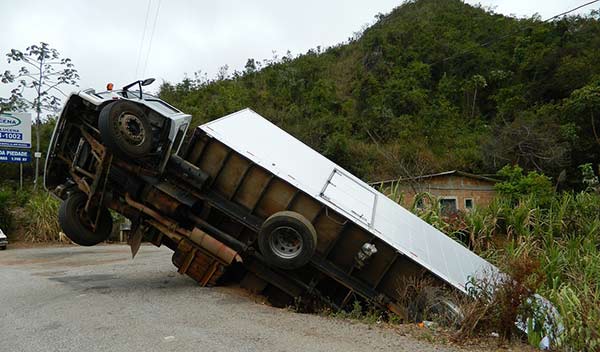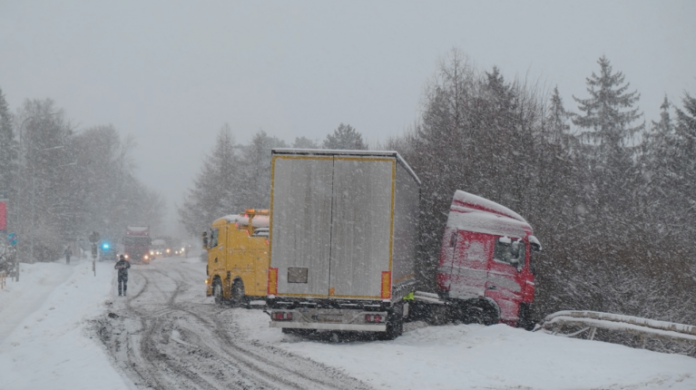Table of Contents
Trucking accidents involve complex legal stages due to the involvement of multiple potentially liable parties. Identifying the responsible group or individual can be intricate. It usually requires a thorough investigation of the actions and practices before the accident. A proper investigation and collection of evidence help in the appropriate compensation of victims. Therefore, the involvement of a lawyer is inevitable. Here’s a look at 6 potential parties in a truck accident case.
Trucker
Truck drivers are a significant cause of accidents like overriding due to negligence. However, such accidents can be involuntary when the trucker is hurrying/speeding to meet the company’s targets, including delivery time. Nonetheless, negligence from truck drivers is a great contributor to truck accidents. They normally overspeed or drive recklessly, risking the lives of other motorists. In such cases, they are entirely liable to compensate the affected parties.
As a victim, you need to hire professional truck accident lawyers, such as Stewart J. Guss, to claim compensation.
Truck Company
There are 1.86 million trucking companies in the U.S., with a majority having dealt with accident lawsuits. These entities, whether self-owned or for hire, have a core duty to safeguard other road users. This is done in the following ways:
- Hiring and training qualified personnel
- Maintaining trucks
- Complying with safety regulations
Neglect of these responsibilities can be fatal. If proven guilty by a lawyer, they can be fully liable for accidents. For instance, imposing unrealistic delivery times can pressure the trucker to be reckless and go against trucking safety protocols.
Manufacturers of Faulty Parts
The Federal Motor Carrier Safety Administration (FMCSA) states that 24.9% of truck accidents are due to parts’ failure. This is a staggering figure considering the fatality rate of truck accidents in the U.S. The problems mainly involve failure in the following parts:
- Brakes
- Transmission or engine
- Steering
- Suspension
- Trailer attachment
Manufacturers are to blame if the part’s breakdown persists; thus, they are subject to license suspension/revocation and are liable to pay compensation to victims. The latter can include:
- Trucking company
- Cargo owners
- Injured parties in passenger vehicles
Shipment Companies or Cargo Loaders
Trucks are responsible for 72.6% of freight carriage in America. This has made cargo loaders an integral part of the job description, but they sometimes have their faults. This includes exceeding a truck’s cargo limit. As a result, it causes imbalance problems and inevitably leads to accidents upon the slightest failure or road inconvenience. Therefore, these cargo-loading companies can be held liable in the case of a truck accident.
Vehicle Maintenance and Inspection Teams

Due to their complex mechanisms, trucks are subject to rigorous maintenance before and after cargo transportation. A trucking company can sue the teams for an accident caused by poor maintenance. Improper maintenance includes overlooking the following truck parts and functionality:
- Wheel problems
- Steering and linkage failure
- Faulty taillights and a missing reflective component
- Non-functional or worn-out brakes
Road Maintenance Agency
Damaged roads are also a major cause of truck accidents. They can alter the movement of heavily loaded tracks regardless of their speeds. This endangers cargo, trucks, and other road users. These parties are eligible for full compensation from the agency contracted to design and maintain the respective roads.
Normally, the involved lawyers will sue the state government and file potential claims for their clients. Also, private contractors mandated with road maintenance responsibility are answerable.
Conclusion
The identification of the above parties as fully liable for truck accidents requires a thorough investigation. This is especially true when third-party contractors like cargo loaders and maintenance teams are involved. As a victim, a successful compensation claim requires the involvement of professional legal service providers.















